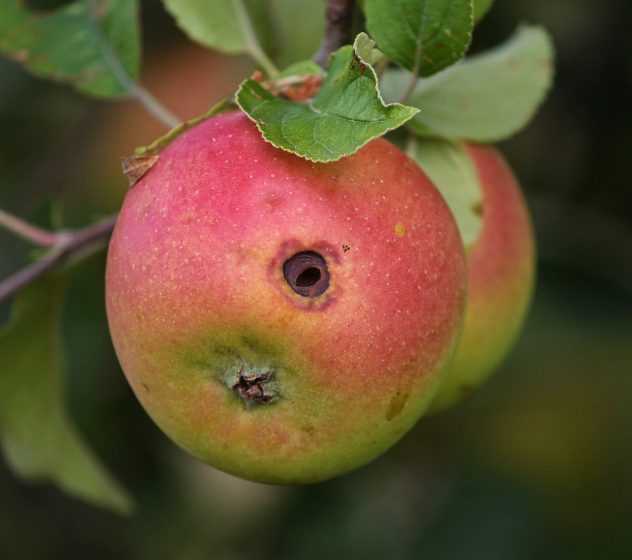
First things first: it’s important to know that just seeing a bug doesn’t mean you have a problem; pest in an organic garden is only normal. But there are times that one bug becomes two, and then ten, until suddenly you have an infestation that’s completely out of your control. At this point, you’re allowed to worry a little bit, but not too much. Be calm, observe the insects, find out what kind of damage they’re causing/will cause, and then properly consider your course of action.
Among the most common pests that will bug your garden are ants, aphids, armyworms, cabbage worms, grasshoppers, slugs and snails, pillbugs, spider mites, whiteflies, thrips, and all sorts of beetles.
Controlling these pests the organic way has a number of benefits. First, the use of chemical pesticides can cause a number of diseases and other health problems, including but not limited to infertility, birth defects, cancer, allergies, encephalitis and even lymphoma. Aside from that, chemical-based pesticides can damage the water, soil, air, and other animals as well.
Not to mention that pesticides can pack a hard punch to your wallet. There are significantly cheaper alternatives which you can easily get from your kitchen.
You can manage your organic garden by paying particular attention to your plants themselves. Do some research and find out how specific insects affect different plants. The asparagus beetle, for instance, can be quite damaging to cultivated asparagus. So it’s important to know what pests pose the biggest threat to your garden specifically.
Also, a tip that most organic farmers give is to plant native varieties as much as possible. Native plant species usually have their own systems to repel common pests. By planting local varieties, you’ll have a bigger success rate when harvest time comes to an end.
It’s also a good idea to mix plants species among other varieties. Each plant has their own unique abilities to protect themselves from the onslaught of pests. By placing them in the same area, they’ll be able to help each other out when pests start invading their turf.
Healthy soil is extremely important as well. Studies have found that healthy soils attract fewer pests. You can achieve and maintain a healthy soil by crop rotation, adding of compost, or other animal or plant based fertilizers like manure.
You can also time your planting season to avoid the weeks or months where the bugs are at their worst.
Be aware that there are ‘friendly’ bugs out there that will actually help control the other pests. Ladybugs and ground beetles are both very helpful in that respect. If you use chemical fertilizers, the good bugs will also get caught in the crossfire.
Again, pests are a super common and completely normal problem to come across in your gardening ventures. If it hasn’t happened to you yet, it probably will eventually, and you need to be prepared to deal with it properly. And be prepared to get your hands a little dirty too- after all, hard work reaps the best rewards doesn’t it?

